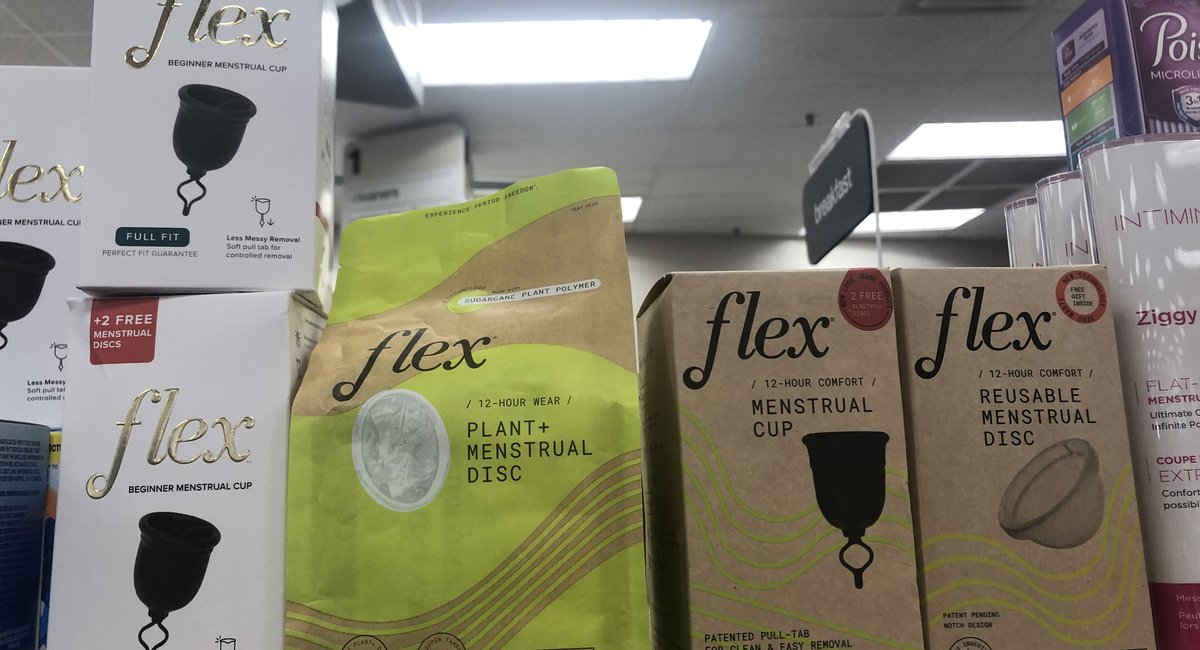It’s a reusable funnel-shaped silicone device that can be used in place of a tampon or a pad.
And it’ll soon be stocked in temporary shelters, youth detention centers and jails throughout New York City after the City Council approved the mandate at its Wednesday meeting.
“Access to menstrual hygiene products is not merely a matter of convenience for most – it is a matter of dignity, health and equality,” said the bill’s sponsor, Councilmember Amanda Farias. “In a city that prides itself on progressiveness, it is crucial to recognize that menstrual equity is intrinsically tied to the broader issues of economic and social justice.”
The city is required to provide tampons and pads to any incarcerated individuals in need, as well as anyone who has been arrested or detained for more than 48 hours. Those in temporary shelters, youth detention centers or congregate care facilities are also entitled to the products.
Farias presented a menstrual cup to an audience of reporters and fellow lawmakers during the meeting, and lauded its long window of use and its ability to be continuously reused throughout one’s cycle.
“Menstrual cups offer a sustainable, cost-effective and environmentally friendly alternative to traditional menstrual products,” Farias said. “In the carceral system – where resources are often limited – providing access to menstrual cups empowers individuals to manage their menstrual health with autonomy and dignity.”
Under Farias’ bill, menstrual cups would now be included in the local law’s definition of “menstrual products.” The bill will also require these menstrual cups be available in temporary shelters, youth detention and congregate care facilities as well as all people in custody in New York City.
The menstrual cup bill is part of a package of bills the Council calls its “menstrual equity legislation.”
The Council also passed legislation requiring legal documents to use the term “menstrual products” instead of “feminine hygiene products” in order to be more gender-inclusive and tasking the Department of Education with tracking the number of menstrual products in schools. Another bill requires the department to include fourth and fifth graders in the pool of students it provides with information on menstrual products.


Leave a Reply